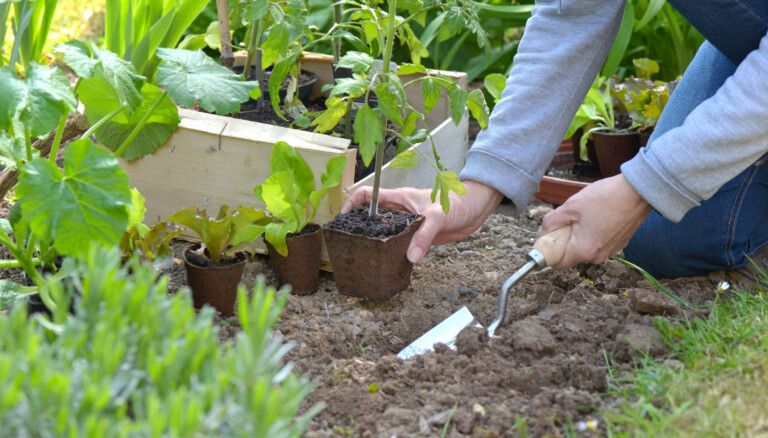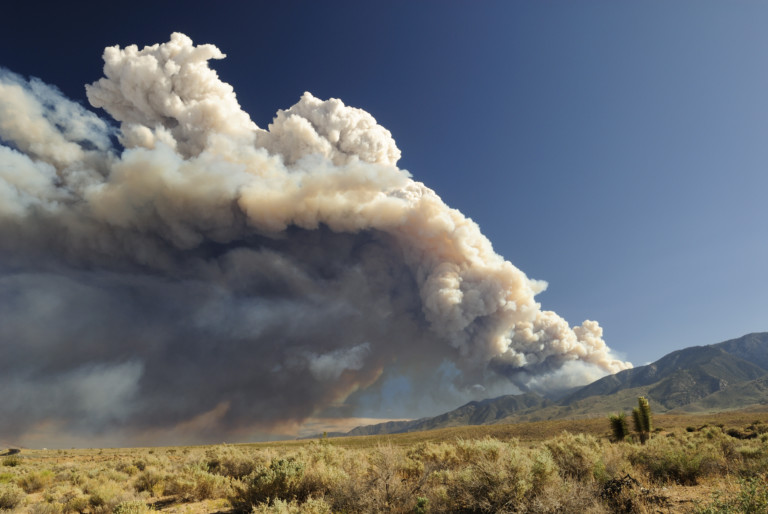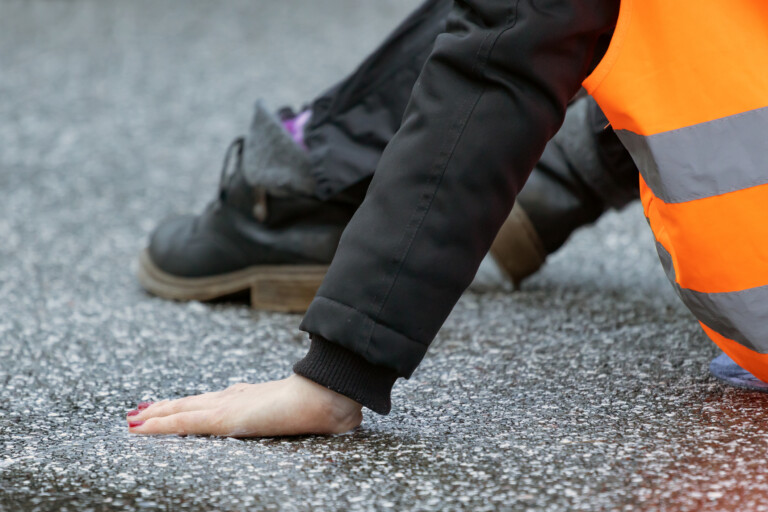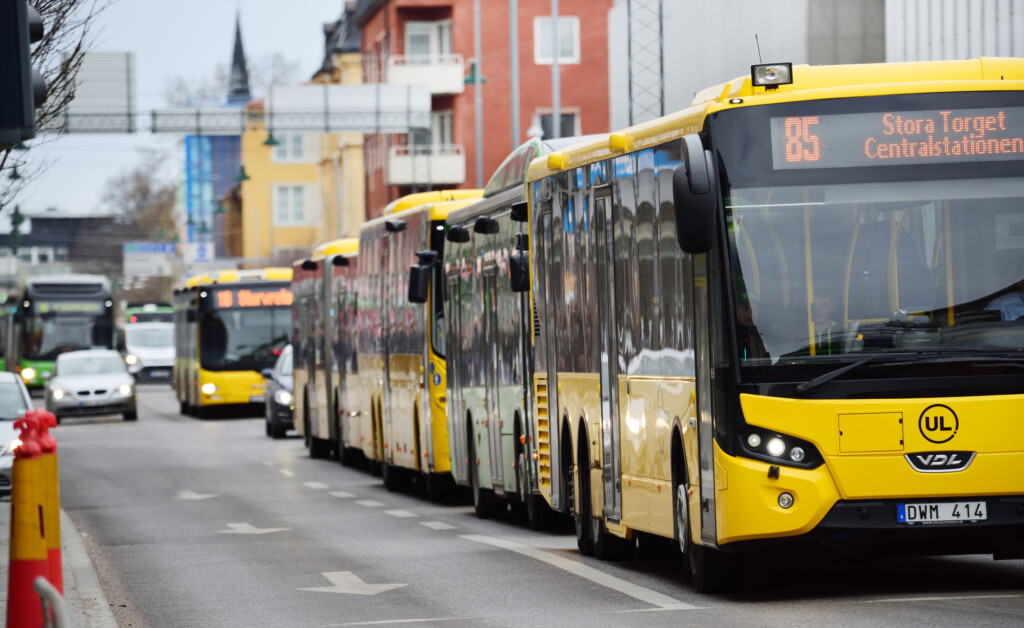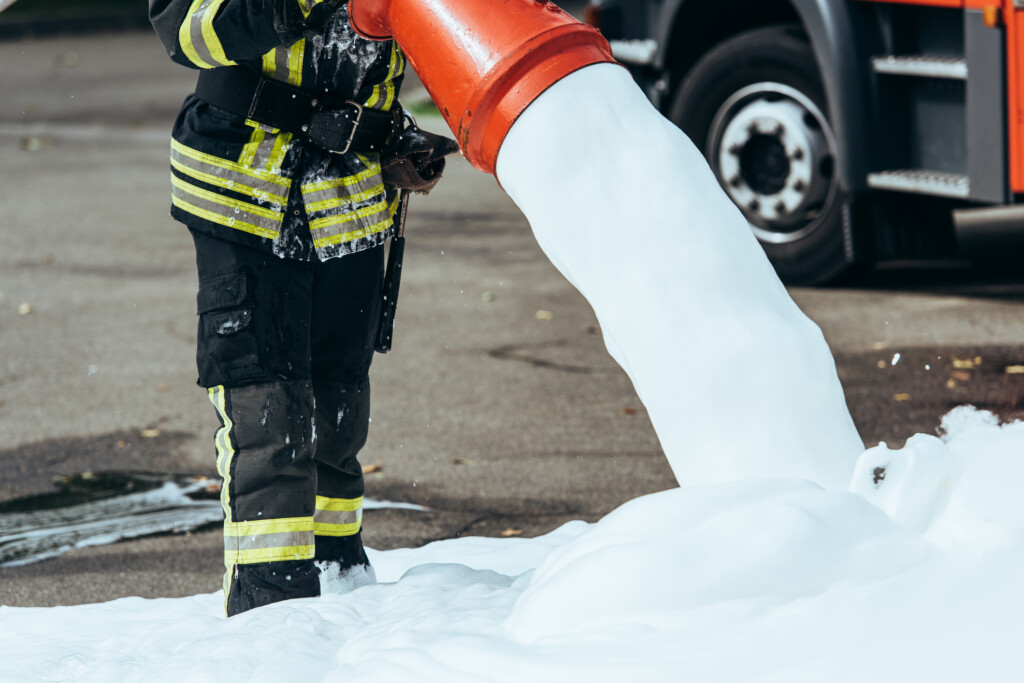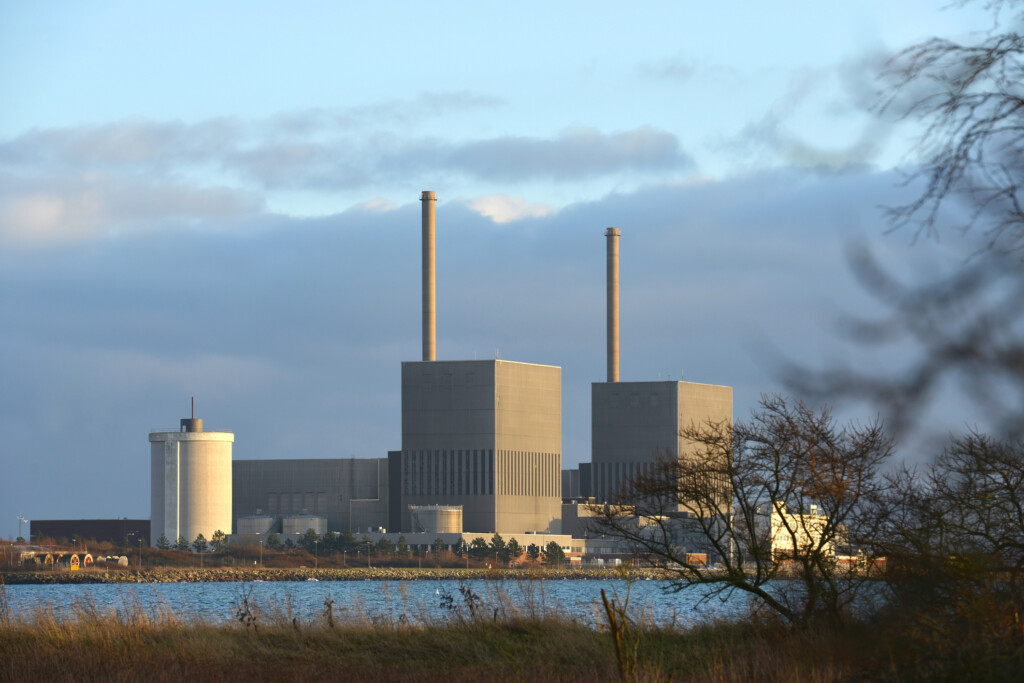Sustainable cities
Slave-like conditions in Thai fishing industry under investigation
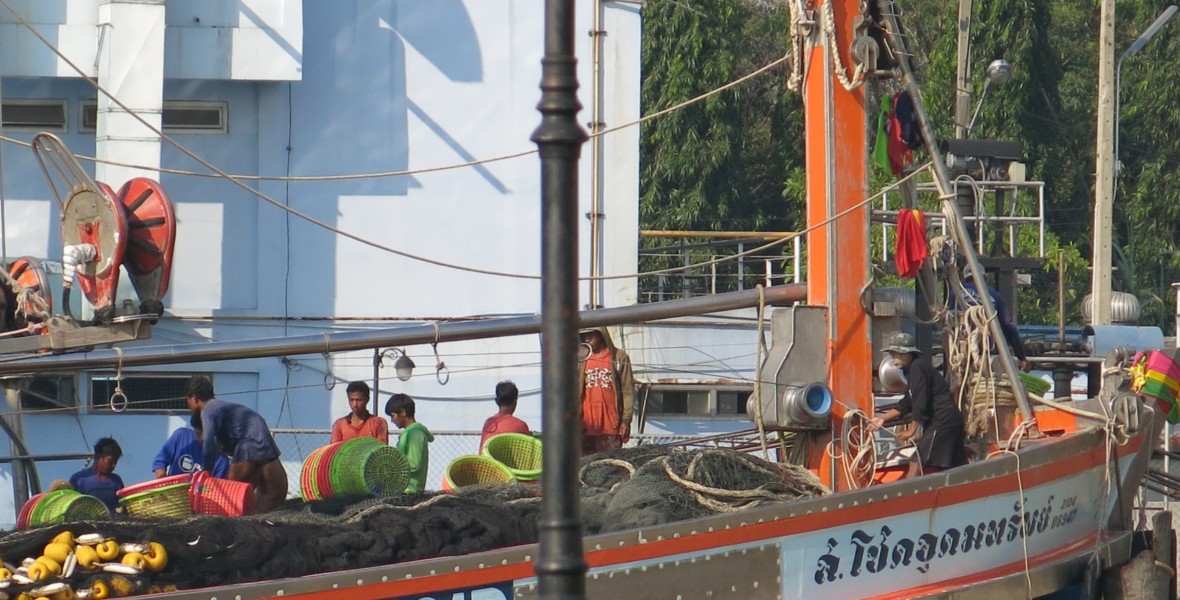
Sustainable fishing is not just about viable fish stocks in healthy seas. One major – and often overlooked – issue is the social sustainability of the fishing industry. Reports of slave-like conditions on fishing vessels in Thailand prompted the government to invest in reforms, under pressure from the EU. Swedish researchers will now investigate how the process has affected the Thai fishing industry and their fishworkers.
Prenumerera på Extrakts nyhetsbrev!
Läs mer
Håll dig uppdaterad! Få kunskapen, idéerna och de nya lösningarna för ett hållbart samhälle.
Personal data is stored only for the mailing of Extrakt newsletters and information related to Extrakt’s operations. You can cancel the newsletter at any time, which means you will no longer receive any emails from us
They’ve been called sweatshops at sea: the large fishing vessels that can lie far out at sea for months and sometimes years on end, where working conditions have been likened to slavery.
It has been five years since the global media reported on inhumane working conditions in the Thai fishing industry. The New York Times and The Guardian, among other sources, told of men and boys who were lured to Thailand from places like Cambodia and Burma with promises of jobs in the construction industry. Instead they were drugged and kidnapped, eventually ending up on fishing boats far out at sea – boats that could be at sea for years on end with a complete lack of control of working and living conditions.
“Being a fishworker is generally an extremely dangerous job, with a very high mortality rate compared to other professions. The workdays are long, the conditions awful – and the migrants are the most vulnerable. Thailand’s laws are generally not migrant-friendly, and migrant rights are undermined in several ways.”

So says Alin Kadfak, a rural development researcher at the Swedish University of Agricultural Sciences. She previously researched small-scale fishing in India as well as migrants working as fishermen in Thailand, studying the reforms for more sustainable fishing in Thailand initiated by the EU. She is now launching a new research project on occupational health and safety in the Thai fishing industry, partly in collaboration with local organisations.
“We want to understand how companies and organisations have changed how they work following the labour law changes that have taken place in recent years. The fisheries reform in Thailand is often described as a result of revelations in the international media and EU pressure.”
“We won’t be able to explain the whole situation. We’re trying to contribute an ethnographic perspective to understand the situation today, and how people perceive these violations.”
An understanding of what the road to better working conditions on Thai fishing boats looks like – a process that is still ongoing – could become an important piece of the puzzle in similar processes in other areas.
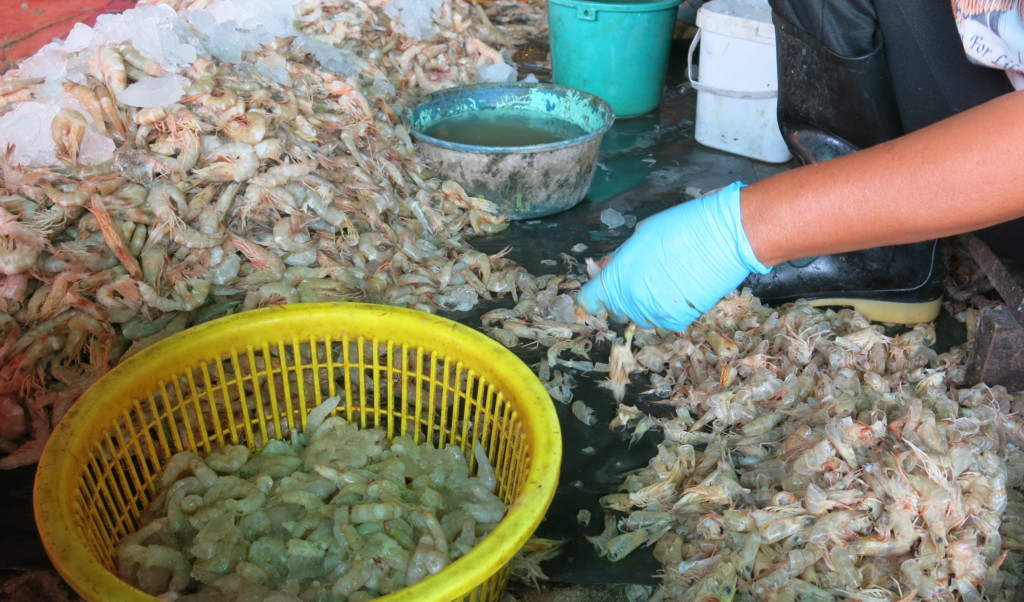
Photo: Alin Kadfak
Threatened ban on all imports
Media reports from 2015 contributed to the EU’s imposing tougher demands on Thailand’s fishing industry, including the threat of completely banning imports of fish and shellfish from Thailand. Last year, in 2019, the EU judged that Thailand had implemented the requested reforms, and the threat of sanctions was withdrawn. It has also been one year since Thailand became the first country in Southeast Asia to ratify the international agreement on working conditions in the fishing industry, thus gaining one year to introduce new labour laws.
“In principle, this means that the working conditions on fishing boats should have improved by now. I can’t tell you if this has happened or not. Many local NGOs argue that the EU would certainly not have withdrawn the threat of sanctions. They argue that the EU’s presence and threats of sanctions put pressure on the government to act on the issue.”
In 2018, Human Rights Watch noted that forced labour is still widespread in the country’s fishing industry, despite promises from fishing companies and the government. Just as the EU raised its threat of sanctions against Thailand, at the close of 2018, Kadfak was on the scene in one of Thailand’s largest fishing ports, Mahachai, doing her field work.
“The latest report from Human Rights Watch states that conditions have improved, but that they are not at an acceptable level. For me, there is much left to explore. The Thai government, of course, says it has done its job, the reforms have been implemented, and the laws have been changed. But apart from these reports, we don’t know much about what’s happening on the ships.”
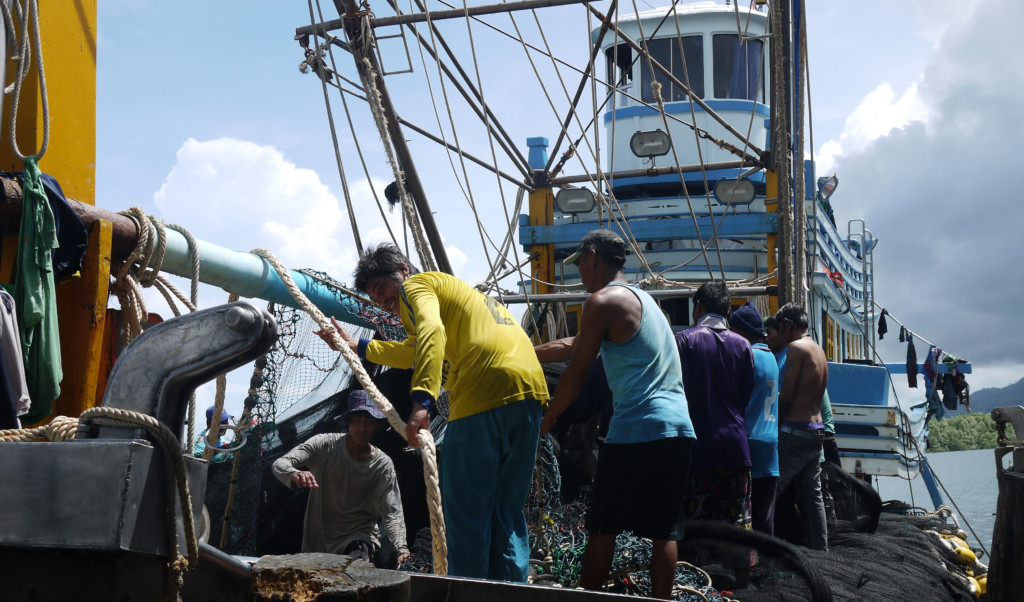
Photo: Nathan Bennett
Wage payments via the bank
One example of a reform aimed at protecting the wages of fishworkers is the state’s regulation of wage payments. Today, payments must be made through a bank and wages collected at an ATM using a registered credit card.
“These fishworkers have been smuggled across the border to the port, and the person who arranges it takes the first six months’ wages as payment. It’s a crazy wage system,” Kadfak says.
“The reform is a technical solution that could have worked. But there have already been reports that the cards are being seized by the captain on board the fishing boats.”
At the same time, Kadfak herself wants to avoid talking too much about trafficking and slavery. Without marginalising the problem, she believes that the attention has not necessarily been helpful to those who are vulnerable. She refers to a study by Peter Vandergeest, a professor at York University in Canada, who is also involved in her research project.
“He discovered that the people who were saved from trafficking or slavery were deported to their home countries. Of course, workers who have been held in prison want to be free – but the vast majority want to stay and continue working. Instead, Vandergeest believes that we should focus on improving working conditions in general.”
Problems in Thailand’s fishing industry
• In a 2018 report, Human Rights Watch states that forced labour is still widespread in the Thai fishing industry, despite promised reforms from the country’s government. The organisation believes that focus has been placed on stopping illegal fishing rather than the exploitation of vulnerable fishworkers.
• One of the media companies that reported on working conditions in the Thai fishing industry in 2015 was the New York Times, in its series The Outlaw Ocean.
• The latest article from researcher Alin Kadfak and her colleagues analyses how labour law in the Thai fishing industry has changed.
• The International Labour Organization (ILO) has played an important advisory role in Thailand’s efforts to reform the country’s labour law. A year ago, Thailand became the first country in Southeast Asia to ratify the ILO Work in Fishing Convention. In the Ship to Shore Rights initiative, funded by the EU, the ILO works with the Thai government, employer organisations and trade unions to fight unacceptable working conditions in the industry.
• Trafficking is a major problem in Southeast Asia, and in a 2019 UN report the authors estimate that over 170,000 people fell victim to trafficking between 2012 and 2015.
• The study Modern day slavery in Thai fisheries: academic critique, practical action, by Peter Vandergeest and others, examines how media reporting of slavery on fishing boats has affected the vulnerable fishworkers. One conclusion is that the workers rescued from unacceptable conditions on fishing boats are quickly deported to their home country. Most fishworkers prefer to stay and work – under reasonable conditions – and would perhaps benefit if the focus had instead been on improving their working conditions.
About the project
• The project Sweatshops at Sea: Labour reform in the Thai seafood supply chain via hybrid global governance is being led by Alin Kadfak and runs from 2020 to 2022, with funding from Formas.
• The field work will be conducted in Bangkok and at two major ports in Thailand, and will consist of interviews and document analysis.
• One objective is to contribute to the understanding of how reforms in the Thai fishing industry have been received by the various parties. Another is to develop knowledge about whether a global management of fish stocks and the fishing industry – with the rights of fishworkers as an essential component – is possible.
• The results are intended to be presented at the Seafood Task Force annual meeting, the first industry-led initiative to address unacceptable working conditions both in the fishing industry and on fishing boats.
